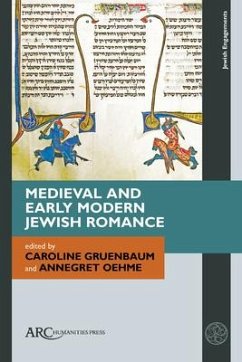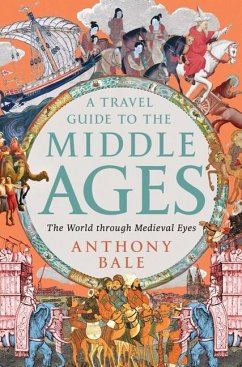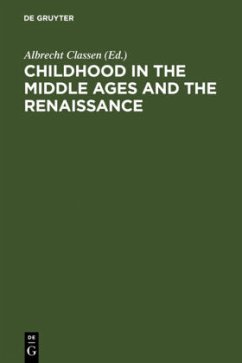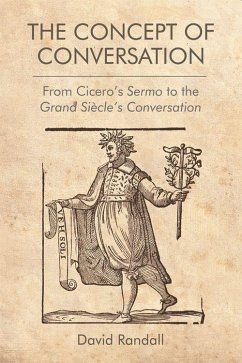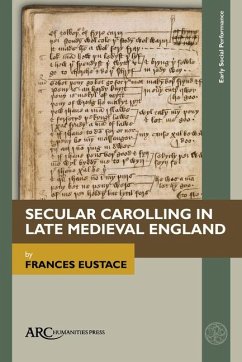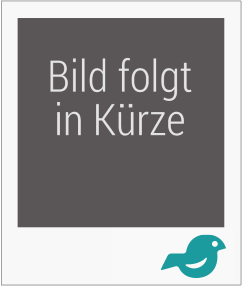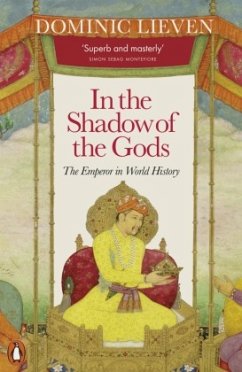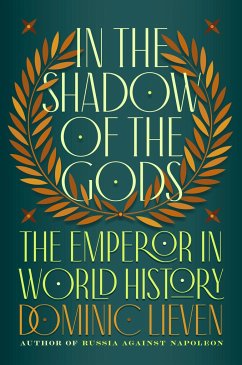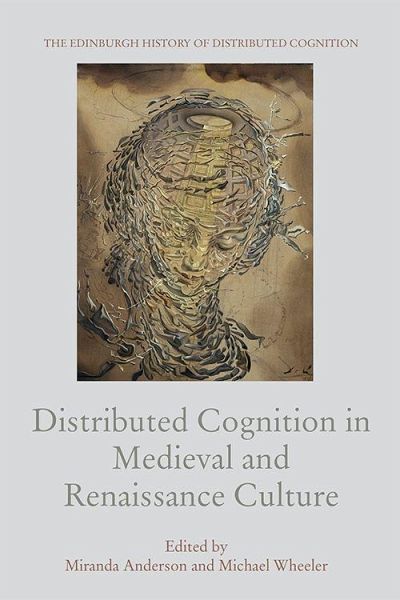
Distributed Cognition in Medieval and Renaissance Culture
Versandkostenfrei!
Versandfertig in über 4 Wochen
186,99 €
inkl. MwSt.
Weitere Ausgaben:

PAYBACK Punkte
93 °P sammeln!
Reveals diverse notions of distributed cognition in the Medieval and Renaissance worlds This collection brings together 14 essays by international specialists in Medieval and Renaissance culture and provides a general and a period-specific introduction to distributed cognition and the cognitive humanities. The essays revitalise our reading of Medieval and Renaissance works in the fields of law, history, drama, literature, art, music, philosophy, science and medicine, by bringing to bear recent insights in cognitive science and philosophy of mind on the ways in which cognition is distributed ac...
Reveals diverse notions of distributed cognition in the Medieval and Renaissance worlds This collection brings together 14 essays by international specialists in Medieval and Renaissance culture and provides a general and a period-specific introduction to distributed cognition and the cognitive humanities. The essays revitalise our reading of Medieval and Renaissance works in the fields of law, history, drama, literature, art, music, philosophy, science and medicine, by bringing to bear recent insights in cognitive science and philosophy of mind on the ways in which cognition is distributed across brain, body and world. As many of the texts and practices have influenced later Western European society and culture, this book reveals vital stages in the historical development of our attempts to comprehend and optimise the distributed nature of cognition. Miranda Anderson is an Anniversary Fellow at the University of Stirling and an Honorary Fellow at the University of Edinburgh. Michael Wheeler is Professor of Philosophy at the University of Stirling.




